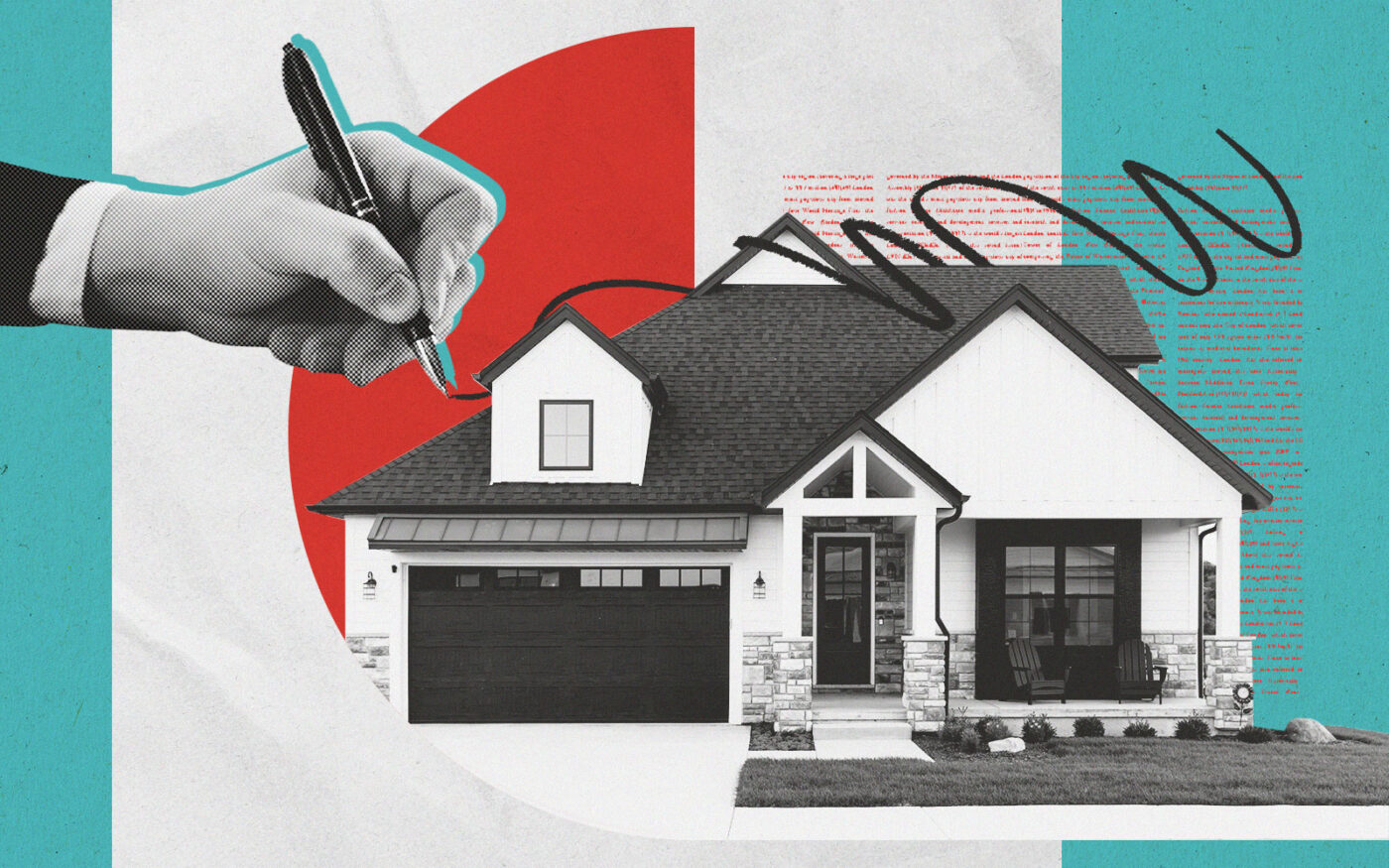Sympathetic home sellers across the state can now let buyers off the hook if they aren’t satisfied with their property insurance options.
As the state insurance crisis worsens, the California Association of Realtors has added an insurance contingency to its contracts that allows sellers to protect buyers unable to find affordable insurance, allowing them to back out of a deal, the San Francisco Chronicle reported.
The Realtor group of 200,000 agents updated its template for home sales so that buyers can withdraw their offer, or renegotiate deals, even after their offer has been accepted.
The difficulty of obtaining the home insurance demanded by most mortgage lenders has prolonged escrow or hindered people from buying homes, real estate experts say.
“It became an issue where you qualified for the loan, you went through all the ‘house appraised, inspections are all done, everything is fine,’ but you haven’t been able to get insurance,” Ernest Berghof, an agent based in Santa Rosa, told the Chronicle.
State Farm and Allstate, the largest and sixth-largest home insurers in the state respectively, haven’t offered new home insurance policies for more than a year. Others, including Farmers Insurance, have limited the number of policies they’ll write per month.
Costs have skyrocketed. A Chronicle analysis found that the average homeowner pays $2,000 a year for insurance with the top 10 insurers in the state — more than double the average from a decade ago.
The terms of the CAR insurance contingency first appeared on forms this summer, and are generally negotiable, according to Cameron Platt, an Oakland-based real estate broker and member of the association’s board of directors.
By default, if a seller offers the contingency clause, it’s entirely up to the buyer whether the cost of insuring the home is “acceptable.” If the buyer can’t obtain insurance within a certain time period — typically 17 days — the buyer must cancel the contract or move forward with the deal anyway.
Without the contingency, the buyer would have to forfeit the safety deposit of between 1 percent and 3 percent of the purchase price.
“It turns out to be a very powerful contingency, because there’s no real reasonableness requirement,” Platt told the Chronicle. “It’s not up for debate.”
Buyers unable to obtain private insurance often access the California FAIR Plan, a state-created but privately-run insurer of last resort, required to accept every property, regardless of risk, with few exceptions.
But it often takes time to hear back from the FAIR Plan, which would push back the closure of escrow, according to Berghof.
Adding an insurance contingency to an offer allows the buyer more time to insure the property, according to Jessica Perla, a San Francisco-based real estate agent. She says insurance contingencies have become increasingly common.
“Two years ago, insurance was a non-issue,” she told the Chronicle. “But in the last 18 months, it has become something that I need to discuss with my clients at the beginning, talking about how we need to have a special contingency for this that never existed before.”
— Dana Bartholomew
Read more



